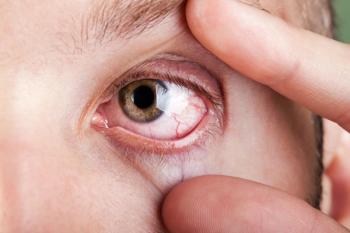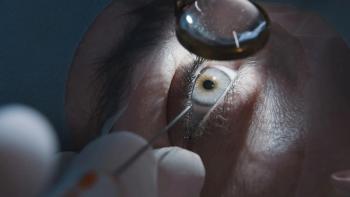
Does vitamin D deficiency increase COVID-19 risk?
Increasing vitamin D intake may lower the risk of contracting COVID-19
Results from a new retrospective study suggest those with vitamin D deficiency may be at an increased risk of contracting the novel coronavirus.
A total of 489 University of Chicago Medicine patients (mean age of 49 years, 75 percent women) were studied to determine if vitamin D status affects COVID-19.1 Participants’ vitamin D levels were determined 2 months prior to being tested for COVID-19.
Vitamin D status for participants was categorized as follows:
· 124 participants (25 percent) were likely deficient.
· 287 participants (59 percent) were likely sufficient
· 78 participants (16 percent) were uncertain
In total, 71 participants (15 percent) tested positive for COVID-19.
Study findings
In a multivariate analysis, a positive COVID-19 test was significantly more likely to be found in those categorized as likely vitamin D deficient than in those considered likely sufficient in vitamin D levels at the time of COVID-19 testing.
The estimated mean rate of COVID-19 in the deficient group was 21.6 percent compared with 12.2 percent in the sufficient group. Testing positive for COVID-19 was also associated with increased age (up to age 50 years).
Questions are now being raised as to whether treating vitamin D deficiency can lower the risk of COVID-19.
"If vitamin D does reduce COVID-19 incidence, it is tempting to consider whether it might reduce COVID-19 transmission," lead author David Meltzer, MD, PhD, chief of hospital medicine at University of Chicago Medicine, said in a statement.
Treatment
Those patients who treated their deficient vitamin D levels did not appear to have increased risk for COVID-19, suggesting a "protective effect of treatment, but the confidence intervals on estimated rates for these groups are too wide to exclude the possibility of no treatment effect," Meltzer and colleagues noted.
Because vitamin D strengthens immunity, the conclusion that it might decrease COVID-19 infection and transmission is plausible. Another recent study performed in Israel found that low plasma vitamin D levels are an independent risk factor for COVID-19 infection and hospitalization.2
References:
1. Meltzer DO, Best TH, Zhang H. Association of vitamin D status and other clinical characteristics with COVID-19 test results. JAMA Netw Open. 2020;3(9):e2019722. doi:10.1001/jamanetworkopen.2020.19722
2. Merzon E, Tworowski D, Gorohovski A, Vinker S, Cohen AG, Green I, Frenkel-Morgenstern M. Low plasma 25(OH) vitamin D level is associated with increased risk of COVID-19 infection: an Israeli population-based study. FEBS J. 2020 Sep;287(17):3693-3702.
Newsletter
Want more insights like this? Subscribe to Optometry Times and get clinical pearls and practice tips delivered straight to your inbox.





